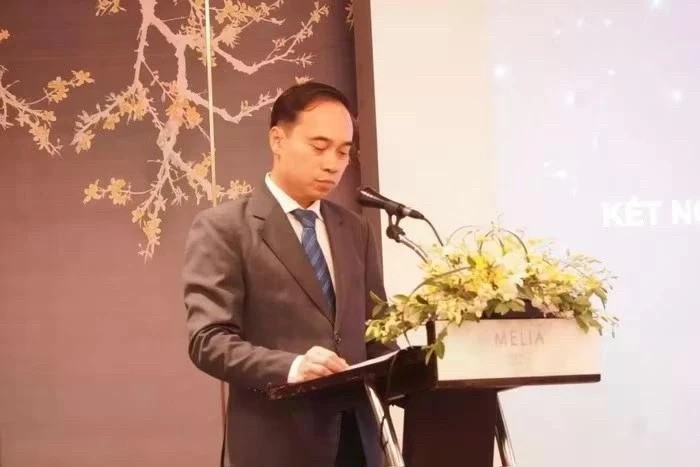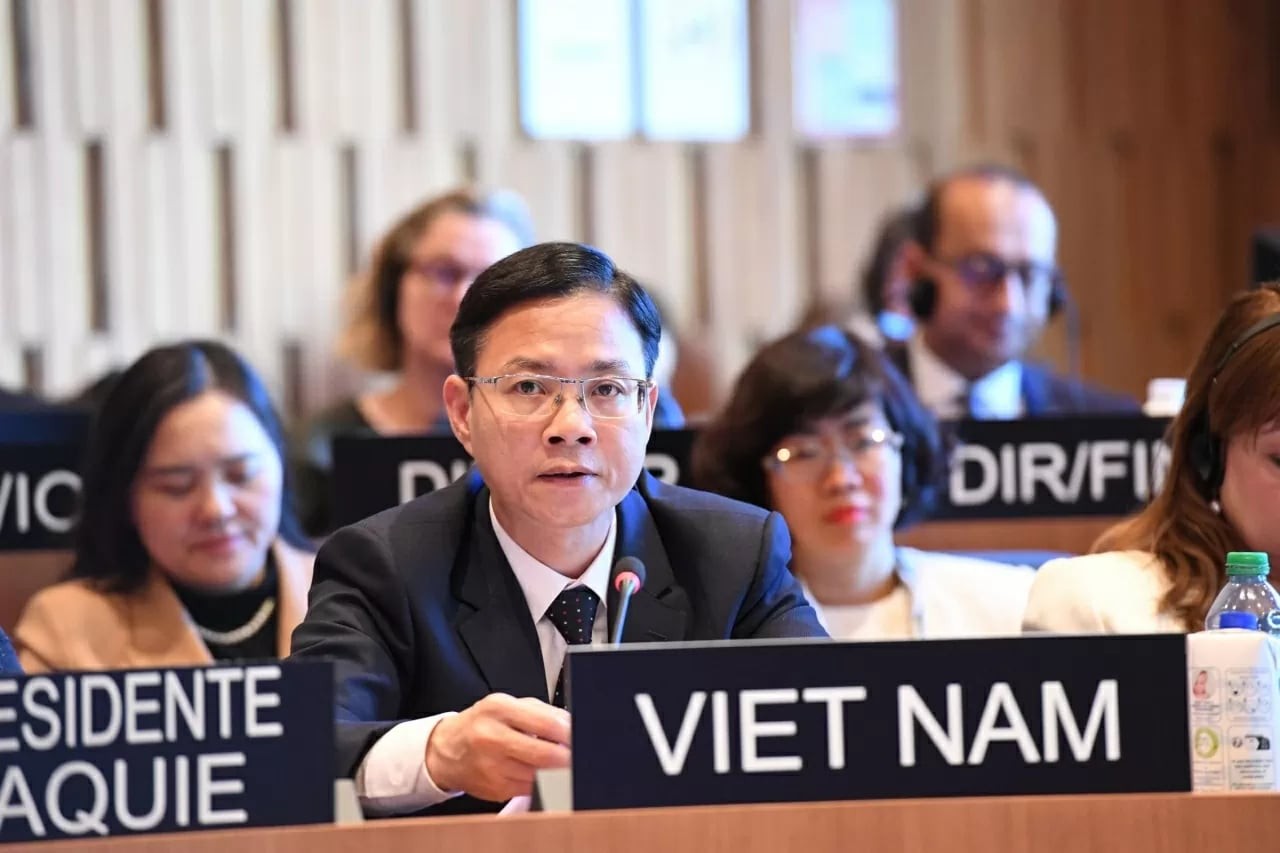How Vietnam's UNESCO Sites Enhance Cultural Tourism
| Time Out: Vietnam Named Among World's Safest Places for Solo Female Travel | |
| New Deals for Nighttime Travelers to HCMC |
Deputy Minister of Foreign Affairs, Chairman of the Vietnam National Commission for UNESCO Ha Kim Ngoc discusses the development of cultural tourism in Vietnam. Additionally, the offical also on how young “cultural ambassadors” in Vietnam can promote their roles and responsibilities in promoting the development of cultural tourism.
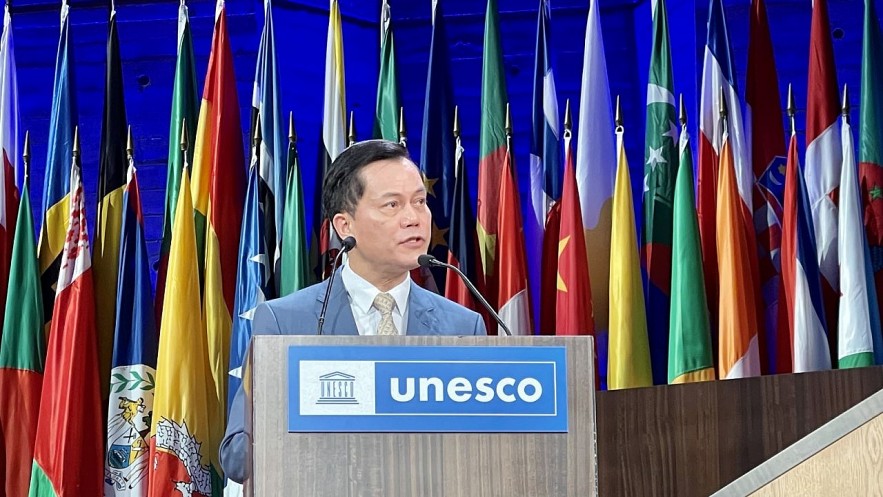 |
| Deputy Minister of Foreign Affairs, Chairman of the Vietnam National Commission for UNESCO Ha Kim Ngoc. Photo: VNA |
As the Chairman of the Vietnam National Commission for UNESCO, can you share how other countries have utilized UNESCO titles to develop cultural tourism?
With the goal of preserving and promoting the value of humanity’s heritage, UNESCO has introduced various types of titles across all specialized fields, from cultural and natural heritage, intangible heritage, and documents to world biosphere reserves, global geoparks, creative cities, and cities of peace. Owning a UNESCO title is not only recognition of the cultural, historical, and natural landscape value of a locality or country, but it is also a powerful attraction for international tourists.
These titles have significantly contributed to shaping the brand of each country and locality, and made a great contribution to socio-economic development through attracting tourists, transforming economic development structures, promoting green and sustainable growth models.
There are various types of tourism in the world today, categorized by purpose, organization, territory, and geographical location. Among them, cultural tourism is the most popular and widely recognized. This type of tourism is centered around exploring, and understanding the unique cultural values of a specific region or country. Therefore, having a site or monument recognized by UNESCO as a 'brand' is a significant advantage that significantly influences tourists' destination choices.
Moreover, UNESCO designations provide invaluable support from the international community in terms of funding, manpower, and technical expertise for developing tourism infrastructure. This contributes to the overall growth of the tourism industry and creates numerous job opportunities for local communities.
As evidenced by real-world examples, countries with thriving tourism industries and a large number of tourists, such as Italy, China, France, Germany, and Japan, are also those with numerous UNESCO designations.
In Vietnam, with a system of 68 heritage sites recognized by UNESCO spread across all 63 provinces and cities, these sites have become attractive tourist destinations, creating a brand for localities with heritage. This has contributed to improving the lives of local communities and brought about comprehensive changes, significantly impacting the sustainable development orientation of these localities.
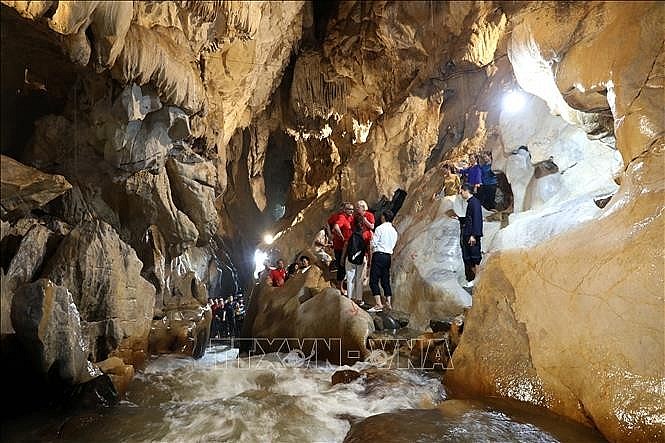 |
| A UNESCO expert delegation, along with provincial leaders and representatives from various departments and agencies of Lang Son province, conducted a field trip to Keng Tao Cave, Lang Son province. |
What Vietnam has been doing to encourage its people, especially the youth, to utilize UNESCO-recognized heritage sites for tourism development?
Vietnam has been actively working to leverage its UNESCO-recognized heritage sites as a catalyst for tourism development, particularly among the youth.
The 13th National Congress of the Communist Party of Vietnam has clearly outlined a policy of making Vietnamese culture and people the driving force behind the country's development. This policy aims to unleash the potential and creativity of the people, emphasizing the value of cultural heritage, especially UNESCO-recognized sites.
Educational programs and extracurricular activities in schools have been designed to equip students with knowledge about UNESCO heritage and its value. This aims to engage young people in promoting these sites through tourism.
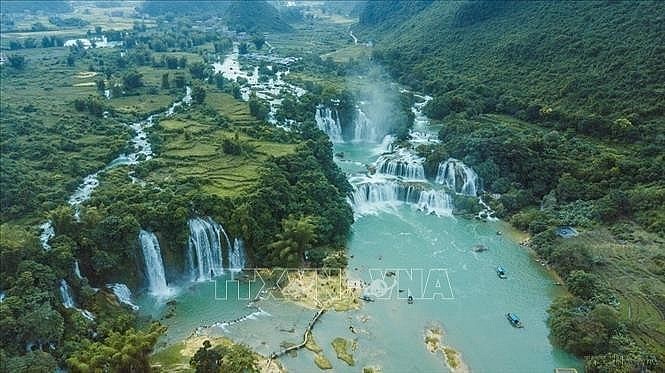 |
| Ban Gioc Waterfall consists of many small waterfalls. |
What is your assessment of the role and responsibility of young people in developing cultural tourism in Vietnam?
Today, harnessing the value of UNESCO-recognized heritage sites for economic and tourism development is a crucial task for every locality and is encouraged by UNESCO, fostering creativity and innovation while ensuring the balance between preservation and development, as committed to UNESCO.
The trend of sustainable tourism, green tourism, and cultural tourism is becoming increasingly popular and widely embraced by global travelers.
Therefore, the youth of Vietnam are presented with significant opportunities to undertake these responsibilities. Vietnamese youth today are passionate,energetic, and tech-savvy. They are proficient in using applications, social platforms to promote cultural values, and they are also willing and ready to learn new trends, daring to step out of their comfort zones to create innovative approaches.
I strongly encourage young people to engage in tourism that benefits the community. This involves introducing tourists to the unique cultural features of local areas, intangible heritage, and indigenous festivals, while simultaneously promoting the culture, history, and people of Vietnam.
To keep up with global trends and effectively meet these demands, I believe that young people, while already possessing many advantages, need to further leverage digital transformation, social media platforms, mobile applications, and the power of social networks to promote UNESCO heritage sites to both domestic and international audiences. I hope and believe that with the enthusiasm of the youth, they will continue to create innovative tourism approaches, contributing to the exploration of the values of UNESCO heritage in Vietnam and promoting the image of the Vietnamese people to the world.
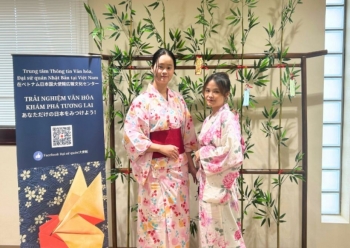 | Experience Yukata: A Taste of Japan in Hanoi Many young Vietnamese had the opportunity to try on Japanese Yukata and explore the similarities in traditional clothing between Vietnam and Japan at the event ... |
 | Vietnamese, Canadian Localities Seek Agricultural Cooperation The Vietnam Trade Office in Canada, in collaboration with relevant departments of Alberta province in Canada organized a dialogue on Vietnamese agriculture to connect agricultural ... |
Recommended
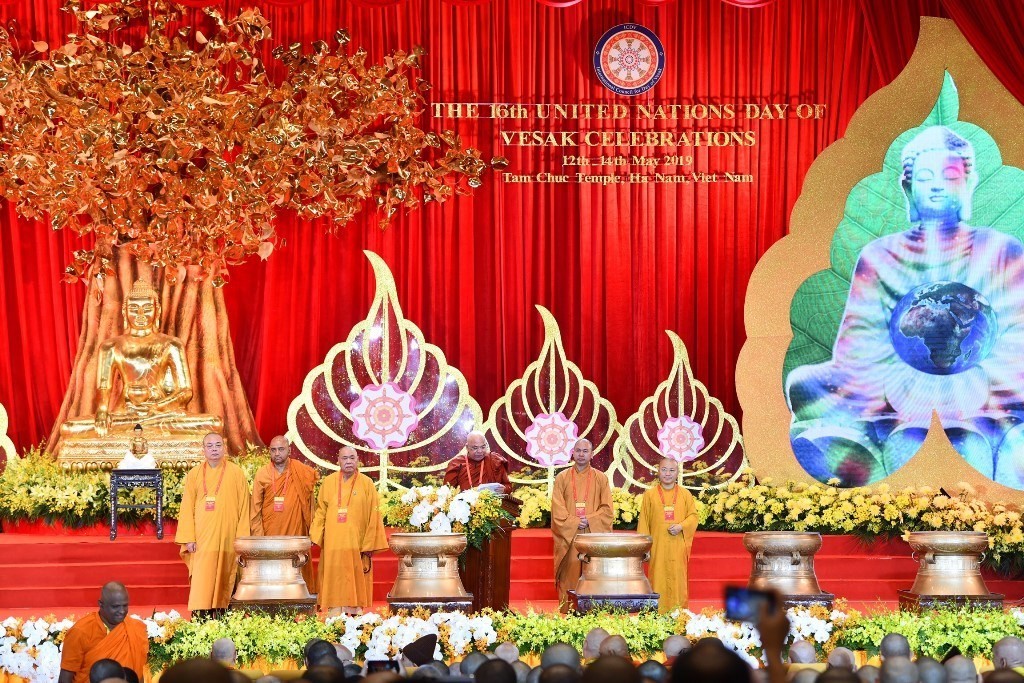 Viet's Home
Viet's Home
Vietnam’s Mark on UN Day of Vesak Celebrations
 Viet's Home
Viet's Home
Art Program Spreads Message of Peace Worldwide
 Expats in Vietnam
Expats in Vietnam
Look Forward to New Developments in Vietnam - US Relations
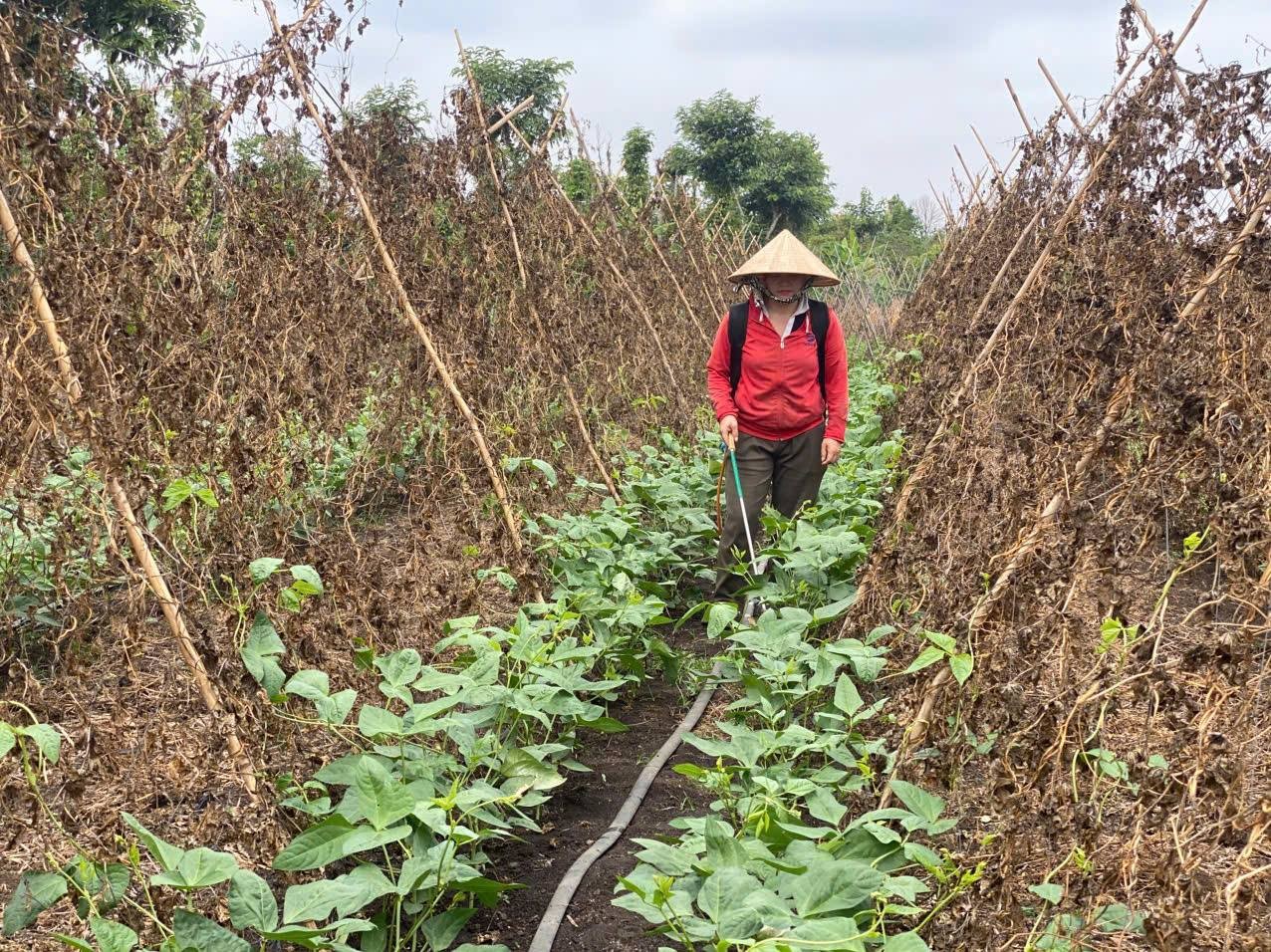 Viet's Home
Viet's Home
She Feeds the World: 8,000 Individuals Adopt More Sustainable Agricultural Practices
 Viet's Home
Viet's Home
Over 200 Valuable Documents Displayed at 'Mountains and Rivers Connected One Strip' Exhibition
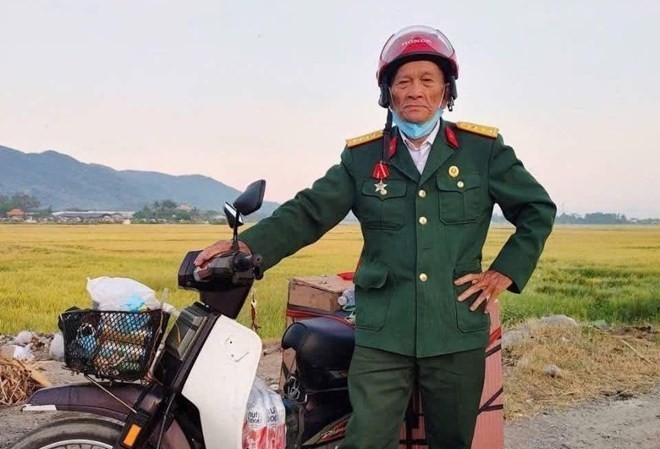 Viet's Home
Viet's Home
Latin American News Agency Prensa Latina Shares Story of Vietnamese Veteran’s 1,200km Journey Back to Former Battlefield
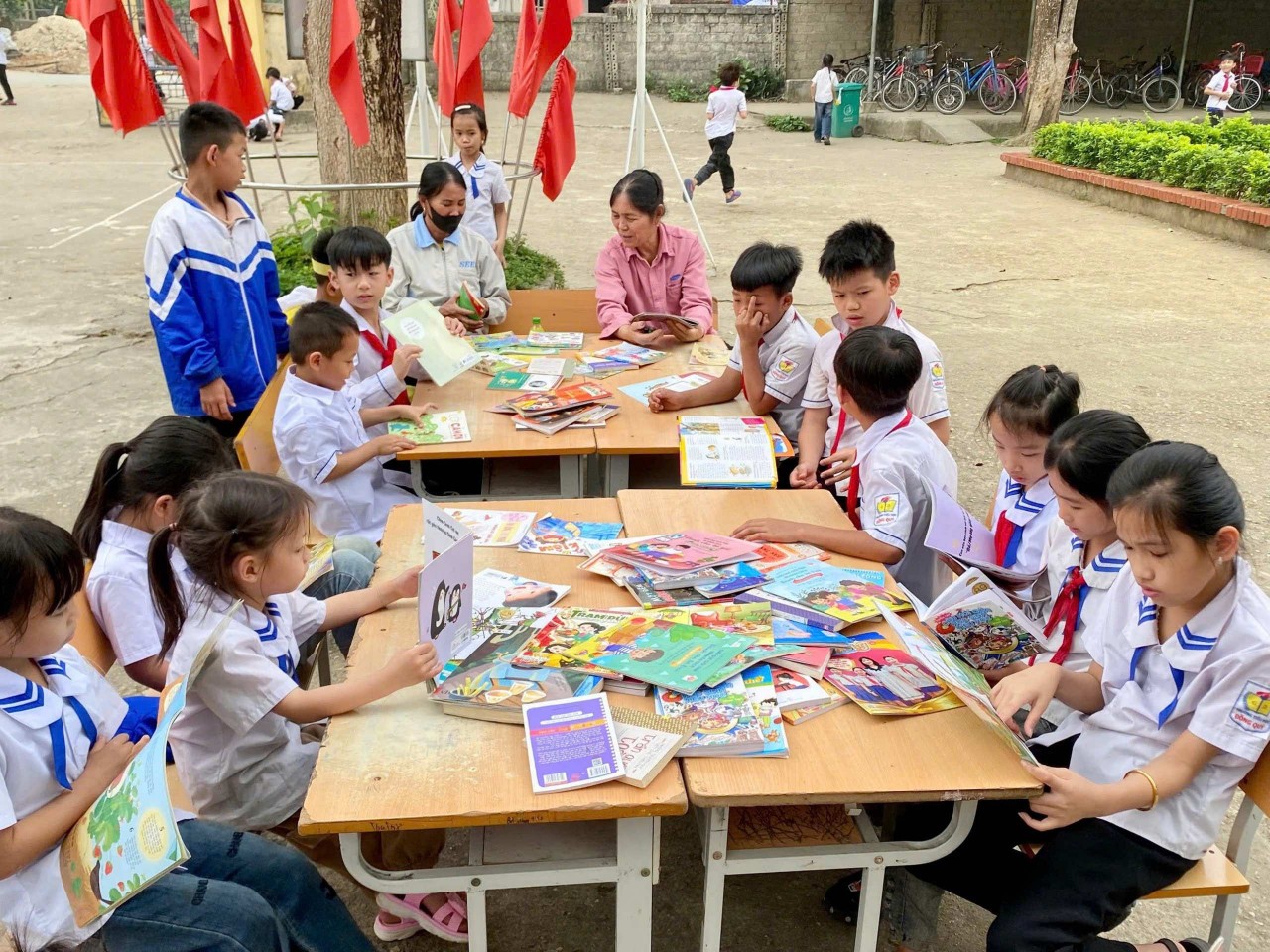 Viet's Home
Viet's Home
GNI Contributes to Spreading the Joy of Reading to Students
 Viet's Home
Viet's Home

